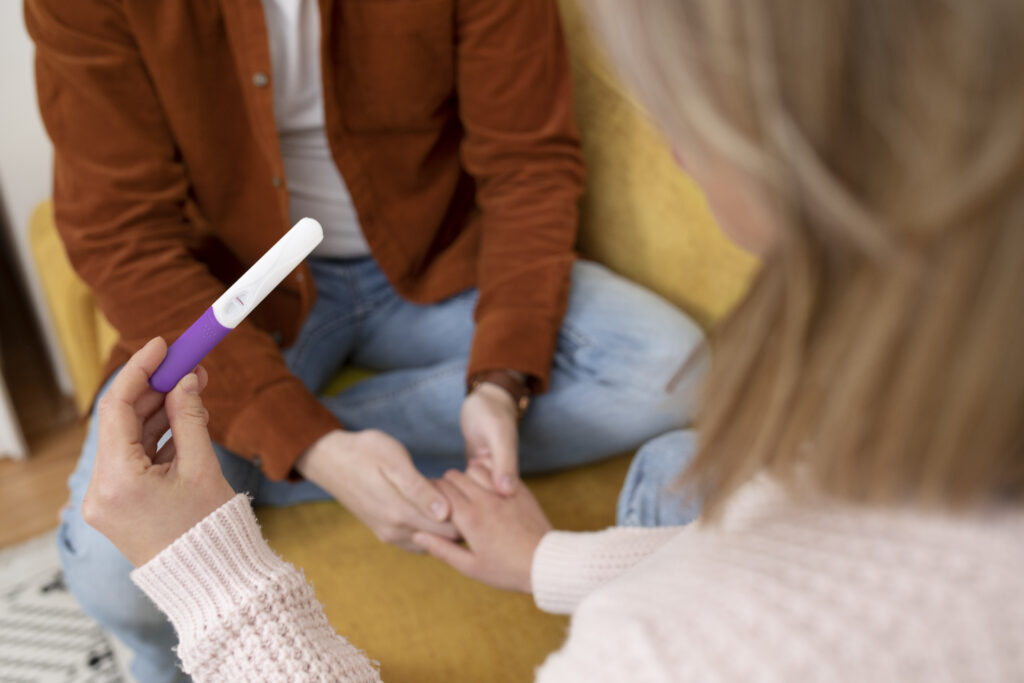
For LGBTQ+ folks looking to welcome a child into their family through a biological connection with one or more of the parents, there are many paths available at a wide range of costs, complexities, and involvement. Family Equality has many valuable resources to help you on your path to pregnancy!
Explore: OPTIONS | AFFIRMING PROVIDERS | GRANTS | SUPPORT
To hear more family formation stories listen to all our Outspoken Voices podcast episodes.
Terms to Know
As you navigate the many potential paths to pregnancy, you’ll unlock a whole new vocabulary! From medical procedures to eccentric acronyms, here’s a handy list of all the key terms you need to know at this stage in your journey.
Choosing a path to pregnancy
The path your family takes to achieve pregnancy will depend on several factors, including, but not limited to, cost, access to various reproductive “ingredients,” personal preferences, and more. The three most common tracks for LGBTQ+ people conceiving and growing babies are insemination, assisted reproduction, and surrogacy. For transgender people considering starting or expanding their families, there are extra considerations around hormones and fertility preservation processes. Explore the following resources to make more informed decisions about your next steps:

Finding an LGBTQ+ affirming provider
We understand that one of the biggest barriers to LGBTQ+ pregnancy is finding affirming providers who are equipped to care for our community with the sensitivity, expertise, and excellence we deserve.
To aid you on your search, explore our directory of LGBTQ+ friendly family-building providers, including fertility clinics, cryobanks, midwives, doulas, surrogacy clinics, and more.
Additional resources
Securing legal parentage
In addition to navigating the medical details of growing your family through pregnancy, there are legal steps you need to take to protect your family, including establishing legal parentage, navigating birth certificates and passports, and more.
Family Equality highly encourages you to discuss these matters with an experienced and reputable LGBTQ+ family law attorney in your state. If you’re looking for an attorney near you, visit the LGBTQ+ Bar Association’s interactive map and directory of family law attorneys.



























